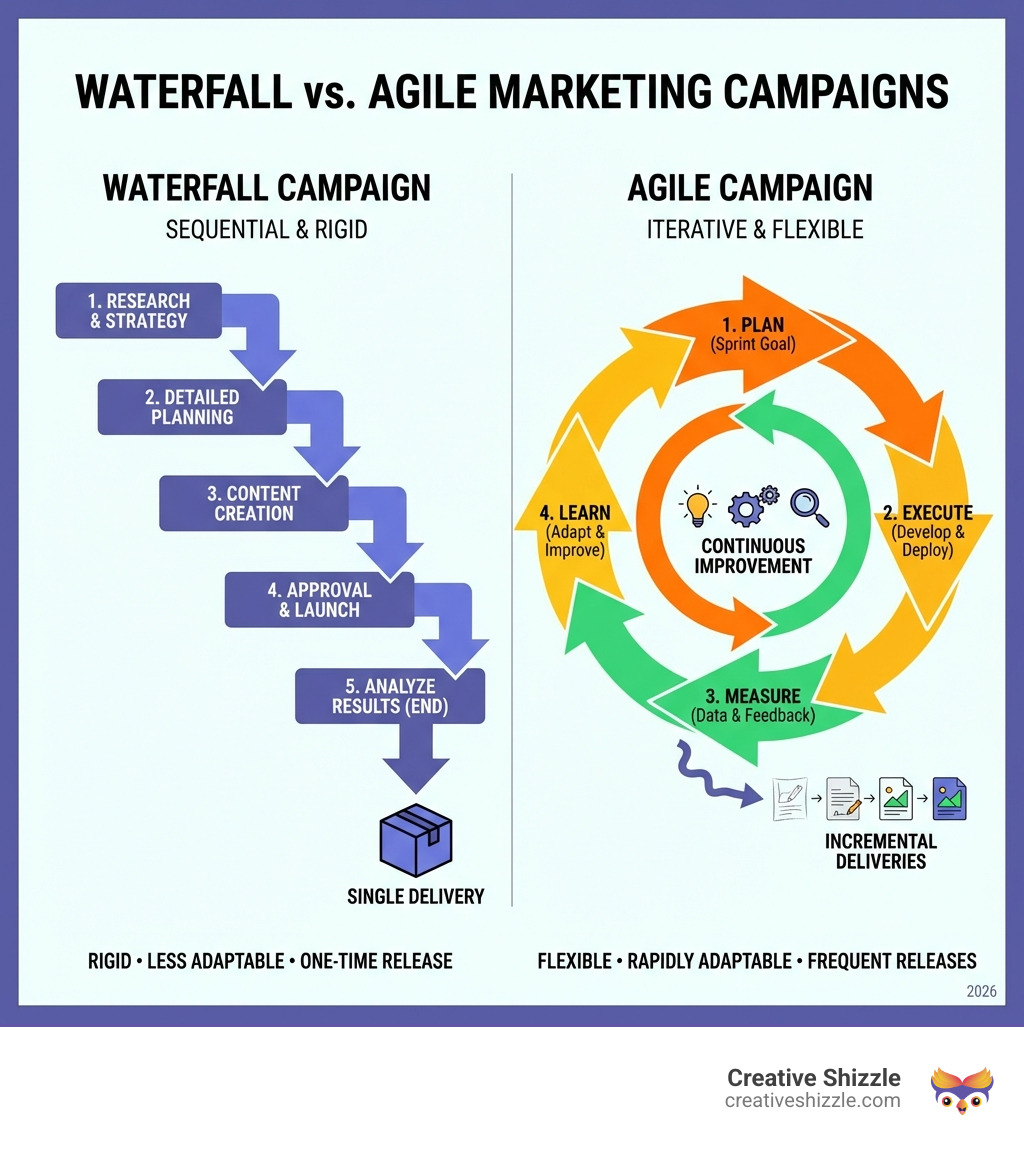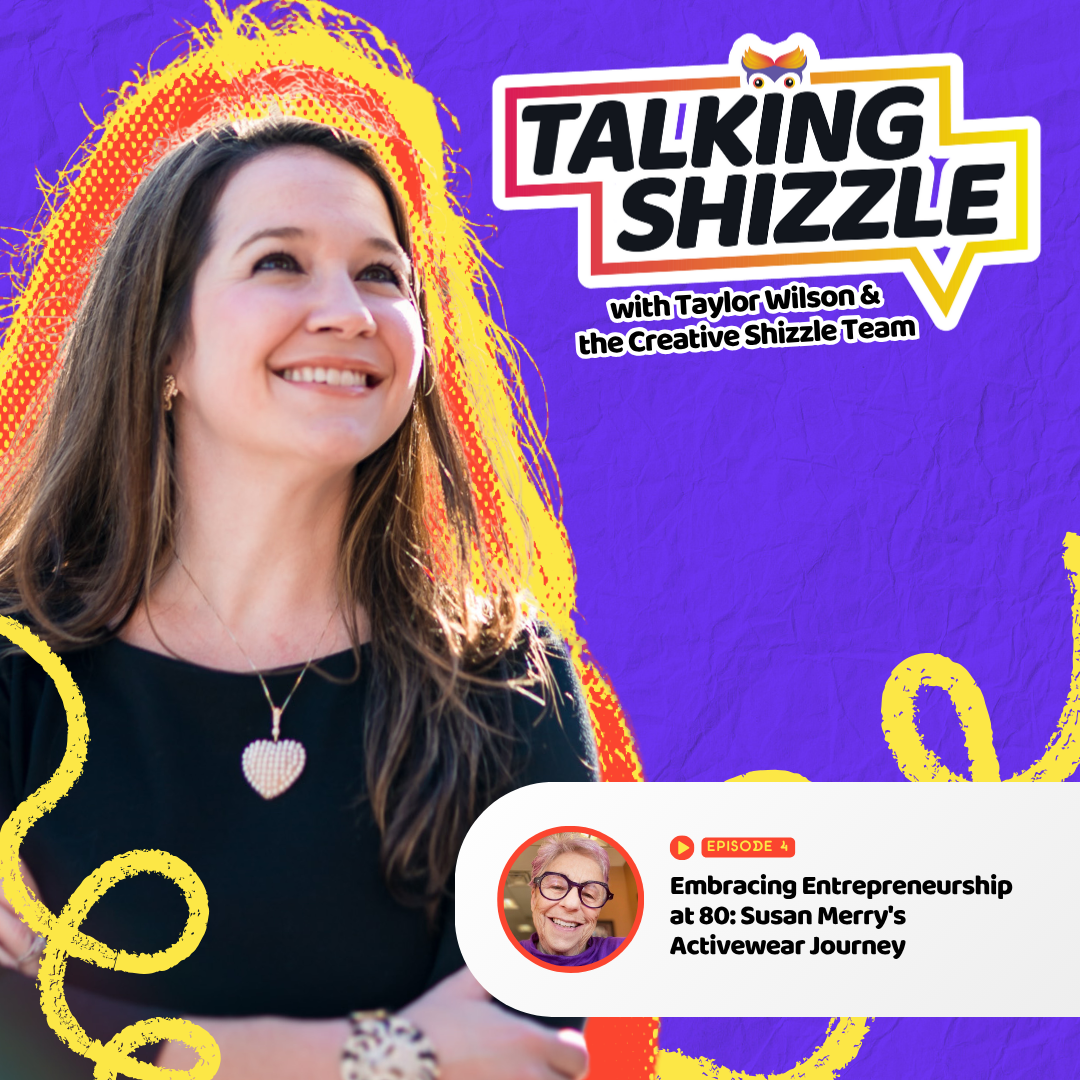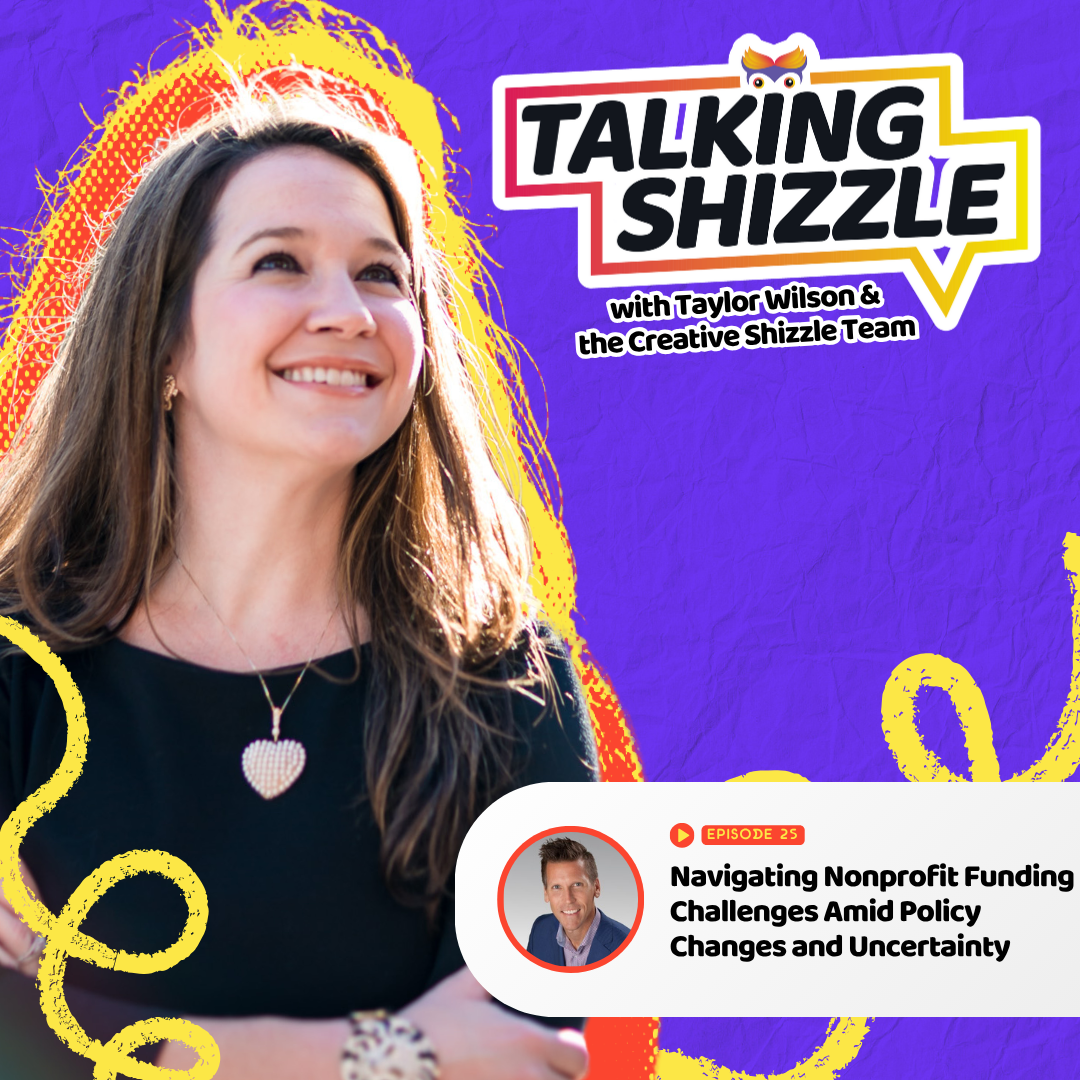Sharing impact stories has long been a powerful way for nonprofits to engage donors and drive awareness for their mission. But as the sector evolves, many nonprofit professionals are rethinking how to collect and share stories ethically – ensuring they respect the dignity and autonomy of the people to whom the stories belong.
In the nonprofit world, it is common to come across missions that are serving individuals who have experienced incredible hardships.
Children from underserved communities.
Adults who have experienced trauma.
People experiencing homelessness.
Families facing financial hardship.
Individuals in recovery.
Survivors of violence.
The list goes on and on.
Ethical storytelling – which includes both story collection and story sharing – is about honoring the trust and vulnerability of storytellers, especially those sharing sensitive experiences, while inspiring your audience in authentic, responsible ways.
But for many nonprofits, it can feel overwhelming to get started. In this article, we’ll explore five keys to ethical story collection and three keys to ethical story sharing to help nonprofits start making changes toward a more ethical future.
5 Keys to Ethical Story Collection for Nonprofits
1. Give Your Community of Storytellers the Microphone: With modern technology, nonprofits can let community members share their stories in their own words, in the form they feel most comfortable sharing – video, photo or written testimonial. This approach respects their autonomy and ensures authentic, meaningful narratives that reflect their priorities.
2. Prioritize Collecting Stories Where and When Storytellers Are Most Comfortable: Create safe, stress-free opportunities for storytelling. Allow individuals to choose the time, place, and format that makes them most comfortable—whether through a face-to-face chat, a written submission via email, or a video recorded from home and submitted through a story collection tool, like MemoryFox. By allowing storytellers to share when and where they feel most at ease, you reduce stress, build trust, and create space for genuine and impactful storytelling.
3. Be Transparent About How and Where You Intend to Use Their Story: Honesty is key. Clearly explain how a story will be used before it’s shared. Whether for a private grant report or a public campaign, transparency helps storytellers decide what they’re comfortable sharing.
4. Ask Questions Using Strength-Based Messaging: Simply put: The questions you ask shape the stories you receive. Use prompts that emphasize resilience, achievements, and growth to foster uplifting narratives that celebrate your community’s strengths. By framing questions this way, you not only receive stories that align with these values but also support storytellers in sharing experiences that they feel proud of.
5. Capture Stories in the Moment (and All-Year Long!): Memories fade, so document stories as close to the event as possible. Real-time storytelling captures the raw authenticity of experiences and emotions, creating richer, more impactful narratives.
3 Keys to Ethical Story Sharing for Nonprofits
- Ask Yourself the “Golden Rule”: Before sharing a story, ask yourself: If this were my story, would I feel comfortable with how it’s being told? Treat every narrative with the same care and respect you’d want for yourself or a loved one, and adjust your approach as needed to ensure dignity and sensitivity.
- Consider Adding a Content Warning: Consider the perspective of your audience (the story consumer) and provide content warnings for potentially distressing topics. By adding content warnings, you allow readers to make informed choices about engaging with your story.
Common scenarios for content warnings include mentions of:
- Sexual assault
- Domestic abuse
- Child abuse
- Animal cruelty or animal death
- Self-harm or suicide
- Eating disorders
- Violence
- Always Give Your Storyteller the Final “Yes” or the Final “No”: Although well intentioned, it is possible that a story has been altered too much during the editing process. That is why it is essential to give storytellers the chance to approve – or decline – the final version of their story. Respect their timeline and boundaries, prioritizing their well-being over any internal deadline or fundraising campaign needs.
Ethical storytelling is about more than collecting and sharing stories – it’s about building trust and honoring the people who share their experiences. By focusing on ethical story collection, nonprofits can ensure stories are gathered with care and authenticity. Equally important is ethical story sharing, which emphasizes respect for storytellers and mindfulness of your audience.
When nonprofits follow these principles, they create narratives that not only inspire and engage supporters but also uphold the dignity and autonomy of their communities. By combining thoughtful collection with responsible sharing, you can craft stories that truly support your mission and resonate with integrity.











